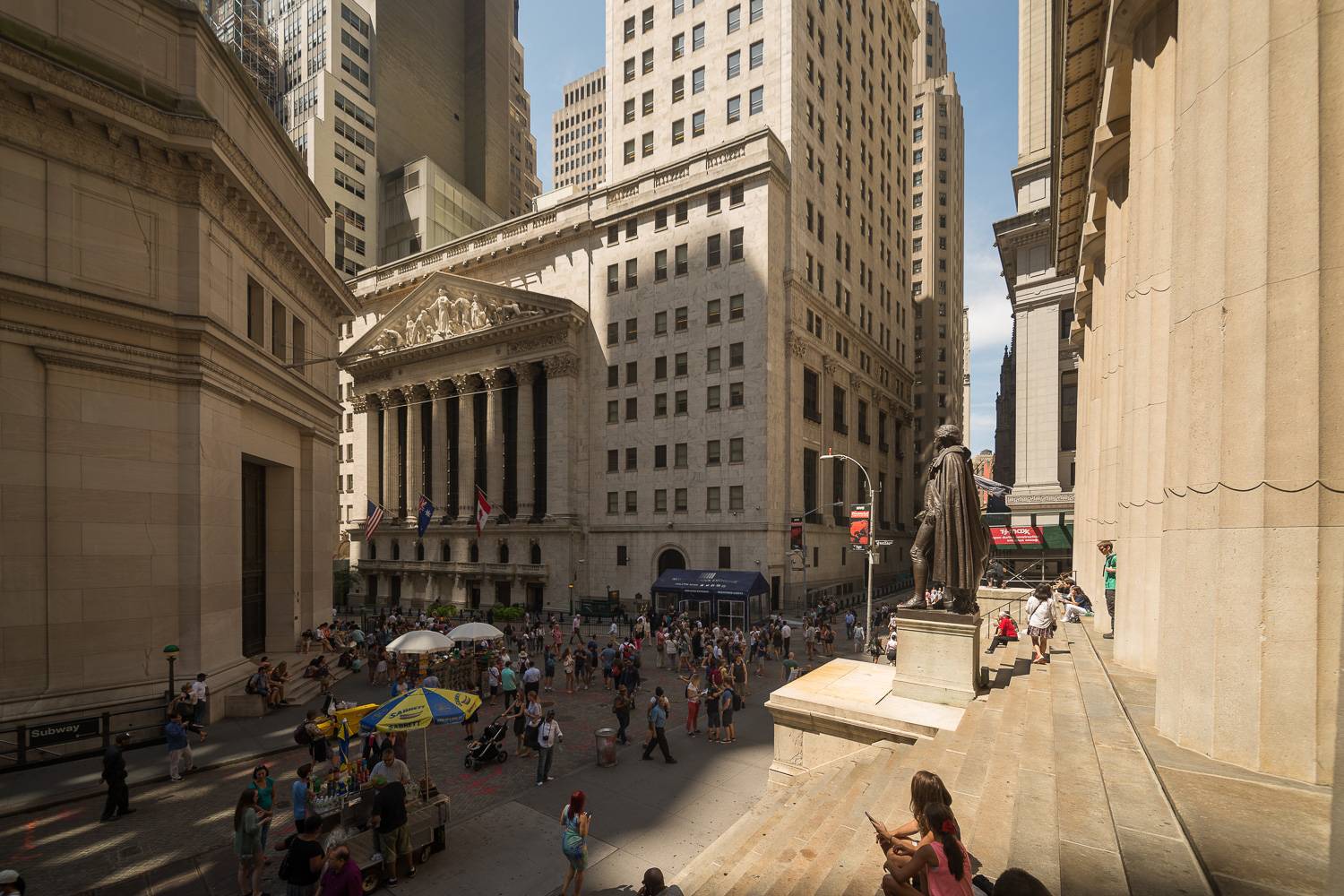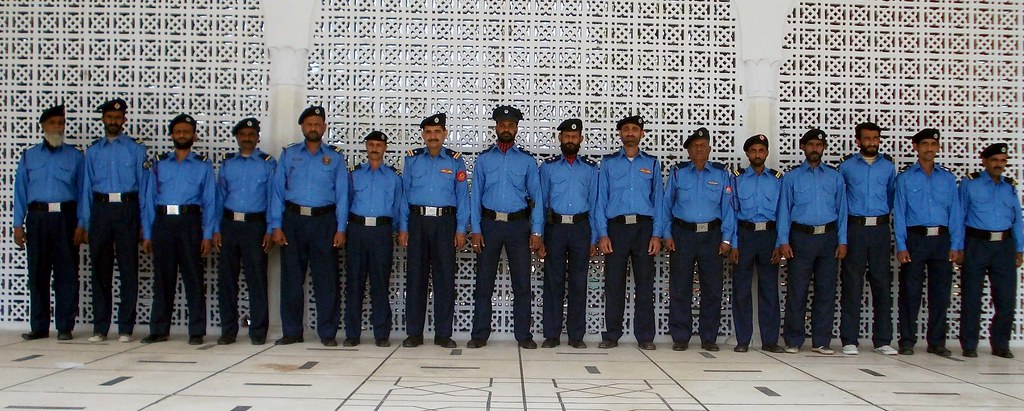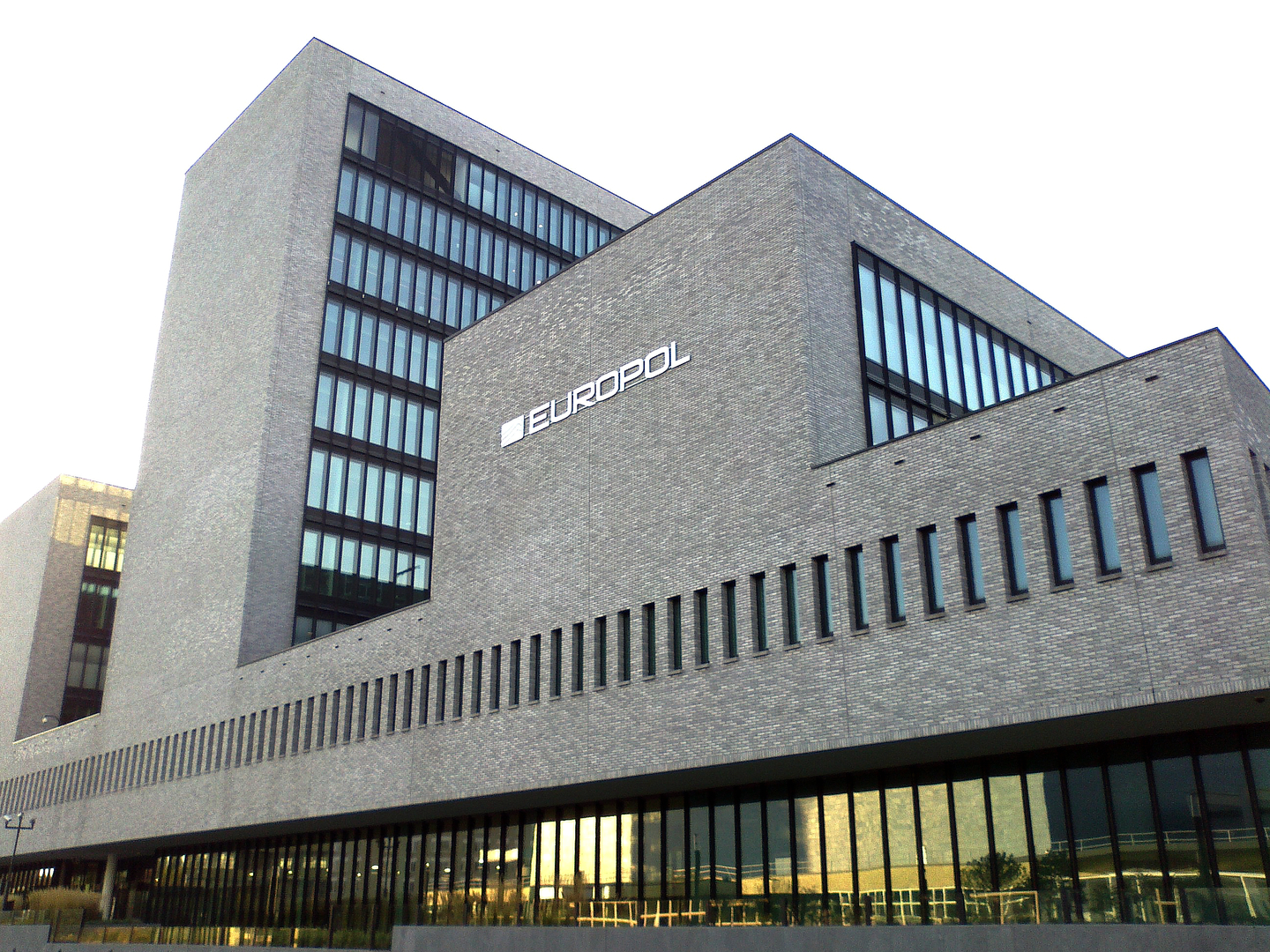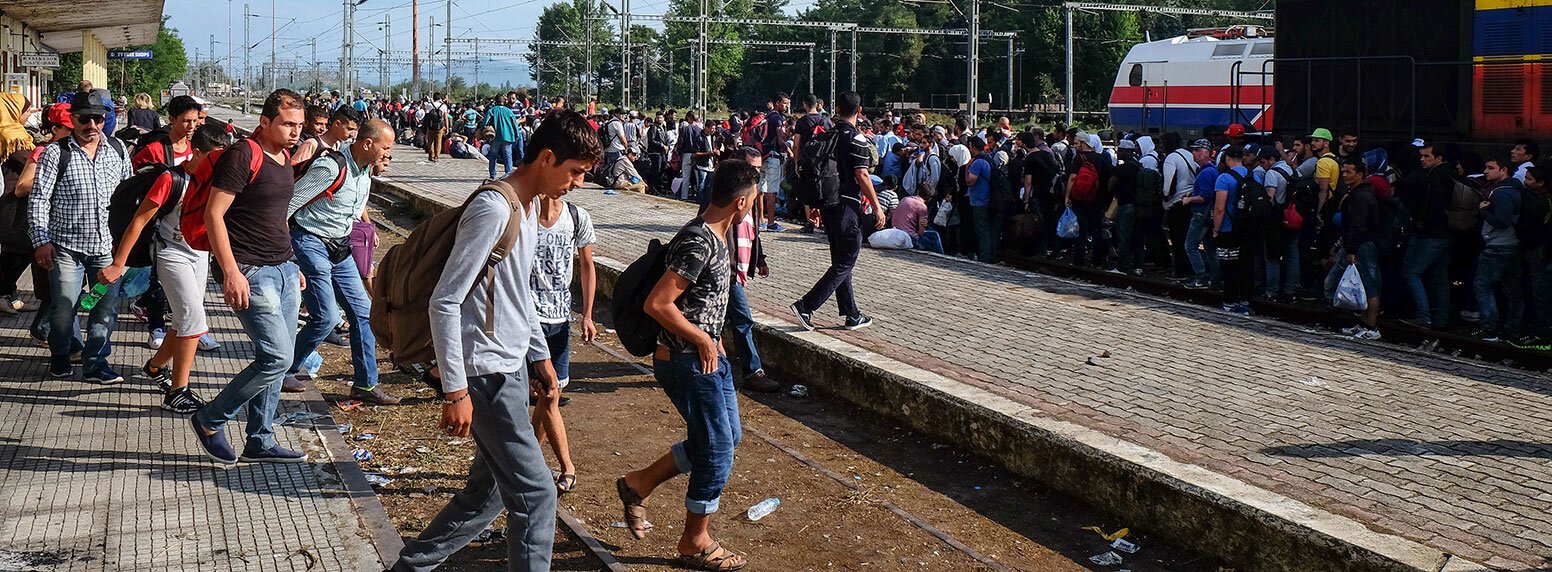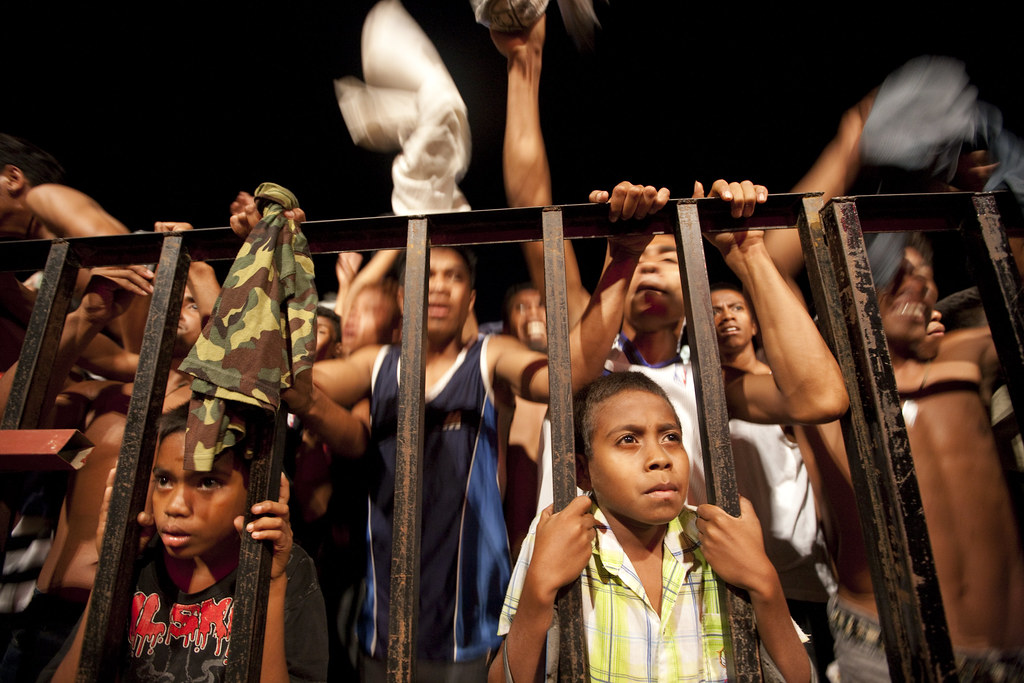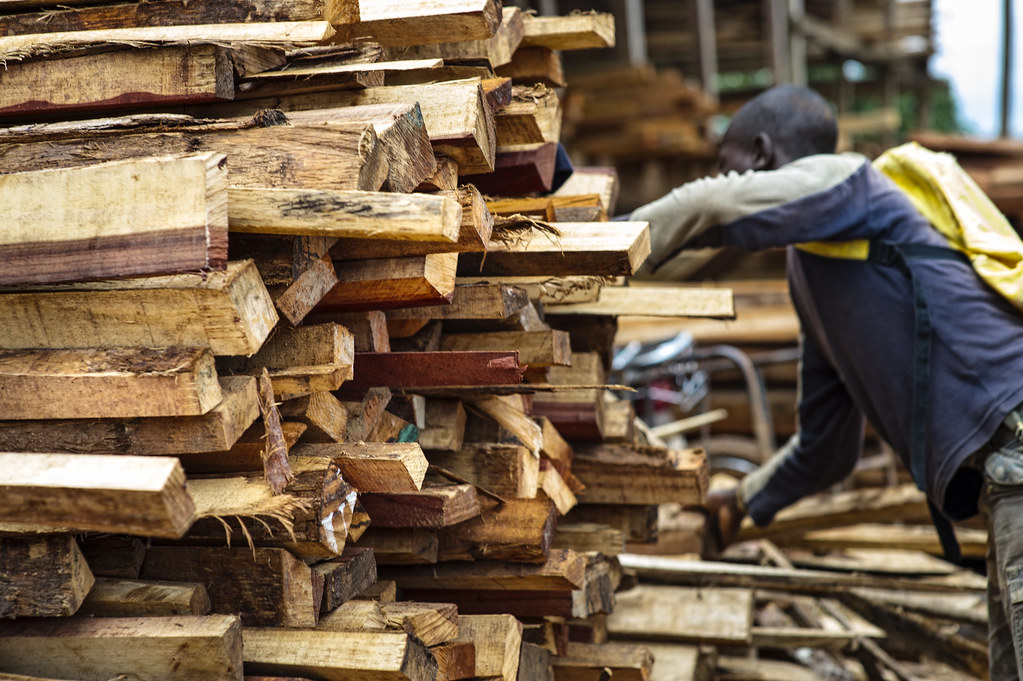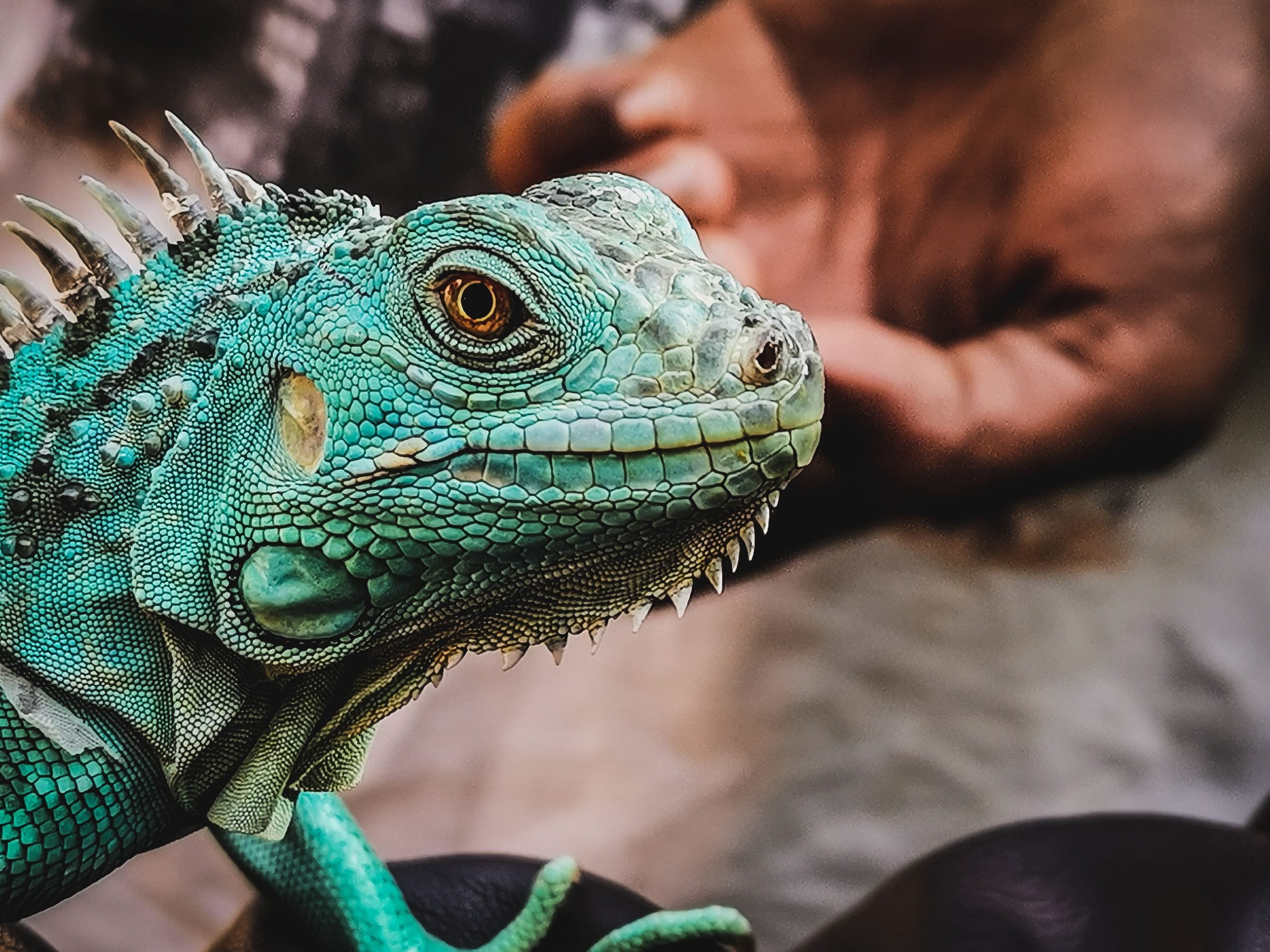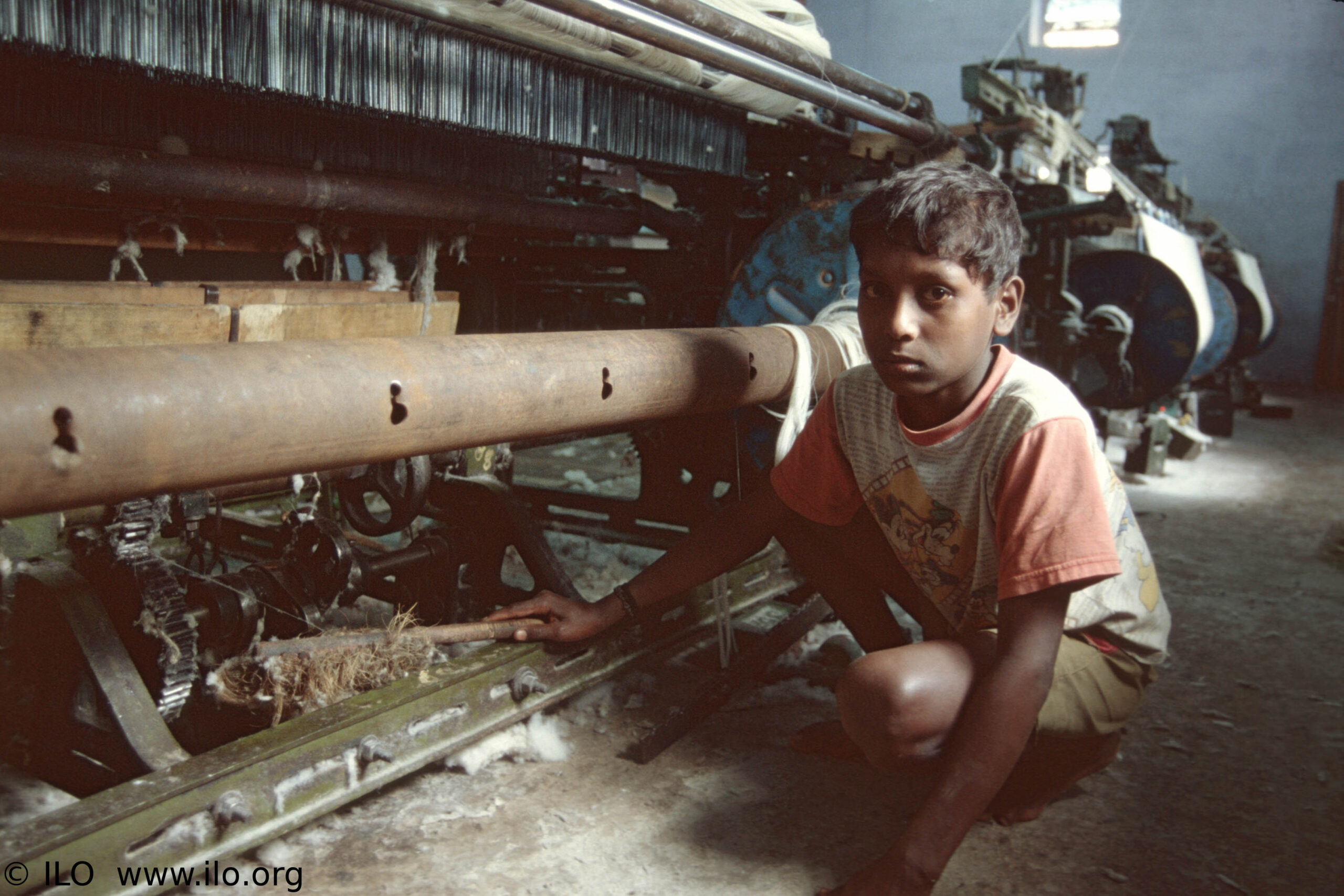Blog
A Business Focused Approach to Tackling Organised Crime
Organised criminals are smart. Their primary motivation is profit and they will adapt pretty much anything, including their modus operandi and the commodity they trade in, to ensure a constant cash flow and expansion of their activities. As organised crime becomes more transnational, we are seeing a trend of Organised…
‘Encounter Killings’ as a Method of Policing Karachi
Since the 1980s, ‘police encounters’ have been a notorious phenomenon in South Asia, especially in India and Pakistan. Jyoti Belur, who has researched encounters in Mumbai, defines an ‘encounter’ as a ‘specific type of police contact – a spontaneous, unplanned “shoot-out” between the police and alleged criminals, in which the criminal…
European Police and Judicial Cooperation: The Irony of Brexit
Anyone familiar with the history of European police and judicial cooperation knows that the arrangements that existed in this area up to the Maastricht Treaty 1992 were a jumble of overlapping, complementary and opaque combinations of legislation. They included not only the mutual assistance treaties of the Council of Europe,…
Tackling Human Trafficking: Moving Away from a Prosecution-Centred Approach
In 2014, fourteen years after the UN Human Trafficking Protocol was adopted by the UN, a more modest document was opened for signature by the International Labour Organization (ILO). Entering into force on 9 November 2016, the 2014 Protocol to the Forced Labour Convention of 1930 (No. 29) hopes to…
Brexit, Bananas and the UK Drug Market
Much has been discussed, in recent months, regarding the implications of Brexit for UK law enforcement and how we will continue to conduct the international aspects of intelligence and operations with EU partners. However, little has been said about the impact Brexit will have on drug trafficking organised crime groups…
Critical Infrastructures: The Threat from Organised Crime
Critical infrastructures (CIs) are the backbone of our global society. These infrastructures keep the global economy moving, ensuring the day-to-day delivery of social goods and services. They are the hidden pillars behind our hospitals, financial institutions, logistical hubs, electricity grids, nuclear power plants and information and communication nodes. CIs form…
The Role of the Private Sector in Combating Trafficking in Human Beings: A Way Forward?
Modern slavery and trafficking in human beings are global phenomena that affect a growing number of victims. While it is difficult to provide an exact figure, the International Labour Organization (ILO) estimates that 40.3 million people are victims of modern slavery (including human trafficking) around the world, of which over half (24.9…
Transnational Organised Environmental Crime
In recent years, greater attention has been given internationally to the role of organised crime networks in environmental crime, including the illegal trade in wildlife. There is evidence of organised crime groups being involved in the illegal trade in caviar, as well as the illegal trade in timber. Both are types…
Wildlife Trafficking and Organised Crime Groups
Wildlife trafficking, like other illicit markets, is one way that organised crime groups (OCGs) make money. The involvement of organised crime in the illegal wildlife trade has in recent years gained the attention of the UN, where in 2013 the Economic and Social Council resolution 2013/40 encouraged members to make…
The Economic Case for Tackling Modern Slavery in Business Supply Chains
How many slaves work for you? You probably think the answer is none. But if you own a smartphone, an item of cotton clothing, or consume food you did not grow yourself, you may have in the region of 40-60 slaves working for you. The online slavery calculator – created by the…

